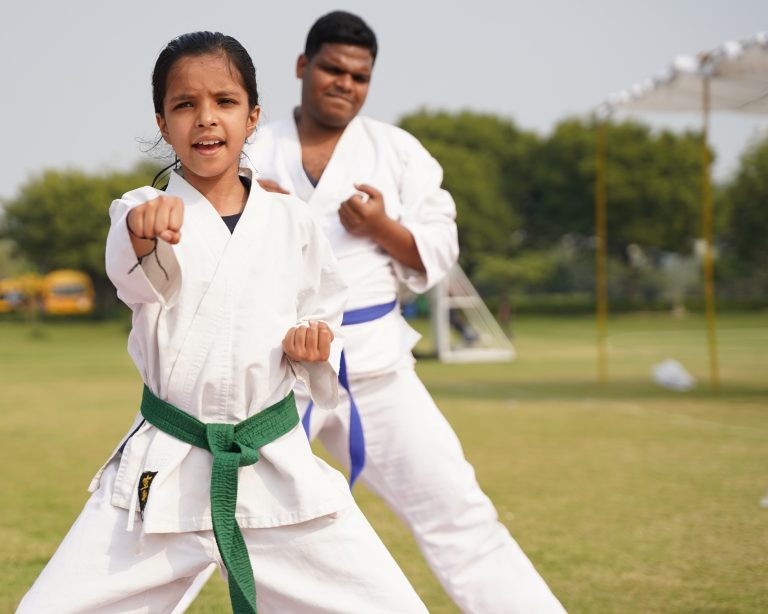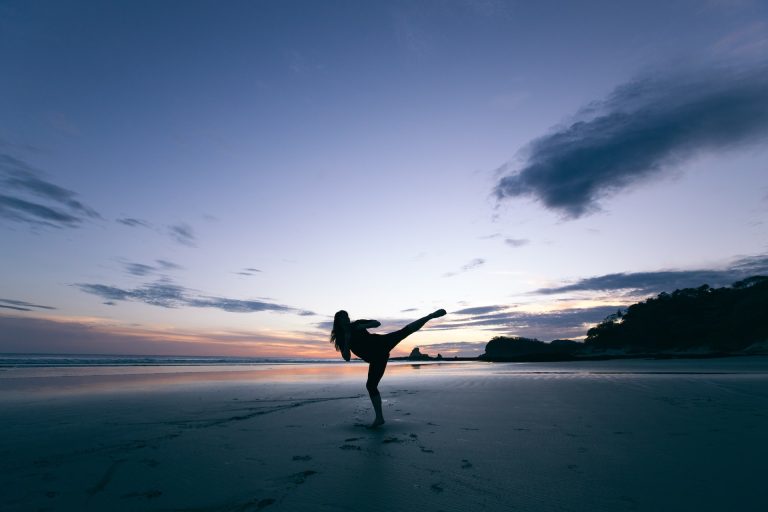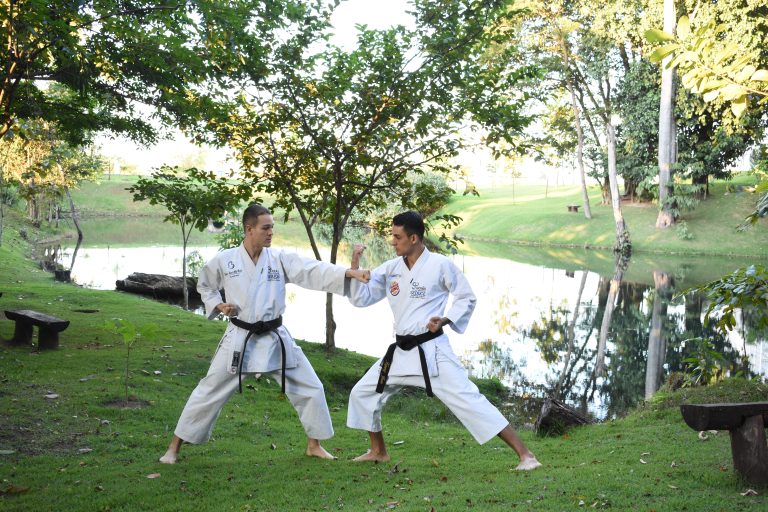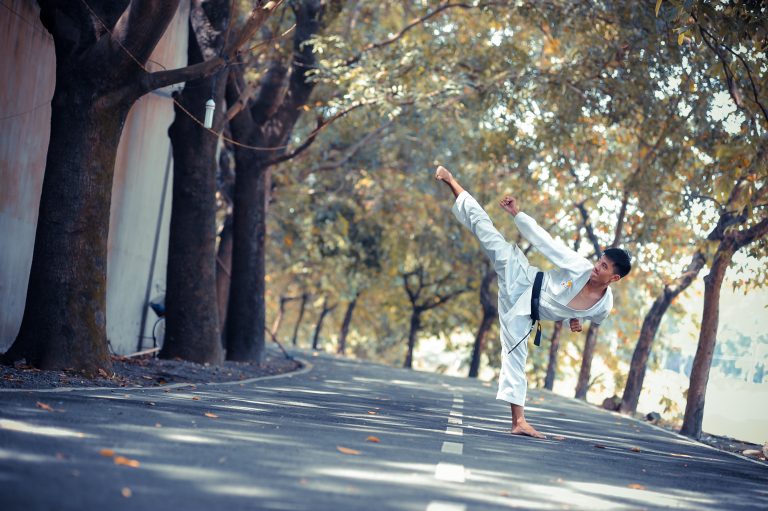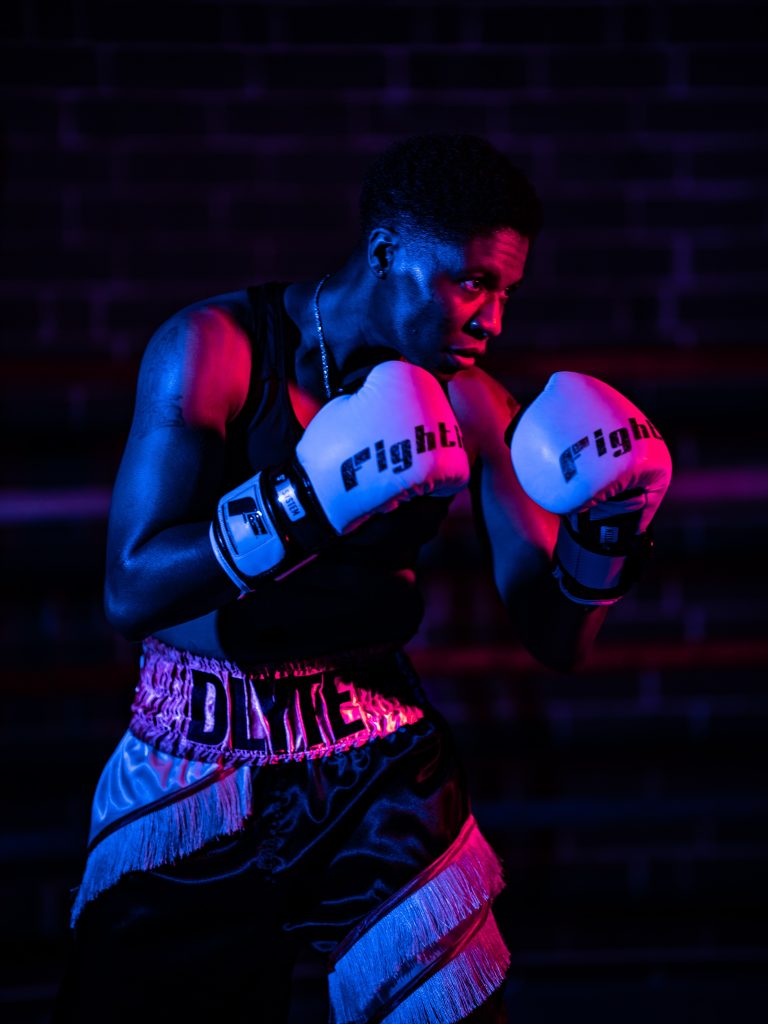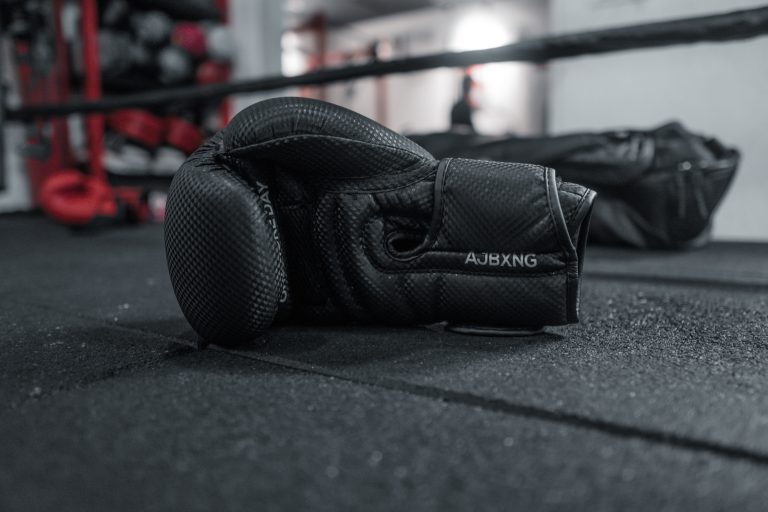Can You Train Karate Alone?
Karate is a martial art that requires discipline, focus, and practice. However, with the current pandemic situation, it’s becoming increasingly difficult to train with a group or even go to a gym. But does that mean you can’t train karate alone? The answer is no, you can train karate alone, but it’s not as effective as training with a partner or in a dojo setting.
What are the challenges of training karate alone?
Training karate alone comes with many challenges. For one, it’s hard to stay motivated without someone to push you or help you correct your technique. Also, without a partner, you’ll miss out on practicing your moves, sparring drills, and self-defense techniques.
Another issue with training karate alone is that it’s easy to fall into bad habits or develop improper technique. Choosing the correct body positioning, angle, and power required in karate techniques requires an expert’s input. Without proper understanding of a technique or a move, you could end up causing injury to yourself or not developing the required amount of power.
What can you do to train karate alone?
While training karate alone is not ideal, there are ways to ensure that you still develop and maintain your skills during these difficult times. Here are some tips to help you train karate alone:
Follow an online training course:
Many dojos and karate schools now offer online classes, so you don’t have to train by yourself. Online training classes give you the opportunity to participate in a group and work on necessary techniques. Following an online training course can also help to keep you motivated and disciplined.
Practice basic techniques:
Practicing basic techniques every day, such as stances, kicks, and punches can help you maintain focus, flexibility, and strength. It also helps to have a mirror to check your body position and movement.
Mimic a training partner:
If you don’t have a training partner, you can mimic one by using a tall object like a punching bag or hanging sack. Practice your moves and techniques against it as if it were a real opponent. This way, you can work not only on your form but also on your timing and power.
Create your own set of drills:
You can create your own set of drills by practicing multiple techniques. For example, you can group three techniques in a particular combination, and then practice that combination multiple times. You can change your drills at any time or adjust them according to the difficulty level.
Conclusion
Training karate alone can be challenging, but it’s not impossible. While it’s not as effective as training in a dojo, it does offer a chance to hone your skills and maintain your progress during these difficult times. With the right tools and discipline, you can train alone and continue on the path to becoming a more skilled karate practitioner.
Can You Train Karate Alone?
Karate is a popular martial art with roots in Japan. It involves a series of techniques for striking, kicking, and grappling with an opponent using an array of punches, kicks, elbows, and knee strikes. Karate is a physical sport and a great way to stay fit. However, many karate enthusiasts who do not have easy access to a karate dojo, or cannot afford regular classes, ask the question: Can you train karate alone?
This article will attempt to answer this question by addressing some frequently asked questions concerning the concept of training karate alone.
What are the benefits of training karate alone?
Training karate alone can be very helpful, especially if you are unable to access a dojo or have a busy schedule. Below are some benefits of training karate alone:
1. Flexibility and convenience
Training karate alone can offer you more flexibility in scheduling, you can train whenever it fits your schedule. You can practice at your own pace and convenience, and you can avoid the distractions that come with group training.
2. Better focus and concentration
When you train alone, you have to be self-motivated and disciplined. By training alone, you can improve your focus and concentration which is essential in karate when trying to master new techniques.
3. Improve technique
When training alone, you can take the time to focus on perfecting techniques at your own pace. You can break down a technique and train it repeatedly to perfect it. This will give you a competitive edge when you get back to training at the dojo.
What are the downsides of training karate alone?
As much as training karate alone can offer you benefits, it also has its disadvantages:
1. Lack of a partner
Karate is a contact sport, so if you train alone, you won’t have anyone to spar with. This means you won’t have an opportunity to test your techniques on a real opponent.
2. Limited feedback
When training alone, there’s no instructor to give you feedback and correct your technique. This means you are likely to develop bad habits and not realize it.
3. No challenge from an opponent
When you train alone, you won’t have someone to push you to your limits which can stagnate your progress.
What can you do to overcome the challenges of training alone?
Training karate alone can be challenging, but there are ways to make it work. Here are some tips to help you overcome the challenges:
1. Use mirrors
Mirrors are an excellent tool to help you visualize and monitor your technique. You can also use mirrors to reflect different angles so you can see yourself from different perspectives.
2. Record yourself
Recording yourself will give you an opportunity to observe your technique from a different perspective. This will help you identify areas of improvement.
3. Get online feedback
There are karate communities online, and forums such as Reddit, Facebook and other social media platforms. You can upload your videos and ask for feedback from the experts in the community.
4. Join a virtual dojo
There are a few virtual dojos that offer online karate classes. This option is ideal if you can’t attend physical classes.
What kind of equipment do you need to train karate alone?
You don’t need a lot of equipment to train karate alone. Here are some essential equipment that you need:
1. A karate uniform
The uniform, called a gi, is essential in karate. It sets the right mindset and helps you feel like a karate practitioner. Choose a gi that fits well and is comfortable to wear.
2. A training space
You need a space to train that is free from any obstacles that might cause injuries. Here, you can use a dojo, a gym or even an open space like your backyard.
3. Focus pads and punching bags
Punching bags and focus pads are essential for practicing striking techniques. There are various punching bags, and you can choose one that fits your needs and budget.
4. Shoes
Comfortable and stable shoes are vital as they will protect your toes and provide you with stability as you practice.
Conclusion
In conclusion, training karate alone can be challenging but has its advantages. To be successful when training alone, you will need to be self-motivated and disciplined, and use every resource available to you. Furthermore, it can help you focus and concentrate, be more flexible and convenient, and perfect your technique. However, it’s important to remember that you may develop bad habits and lack the challenge that comes from sparring with a partner.
Inhaltsverzeichnis

